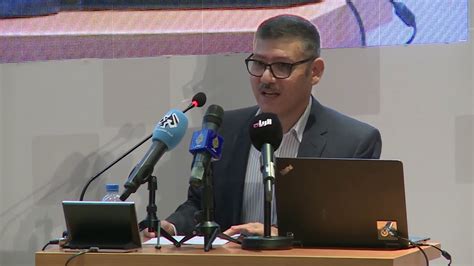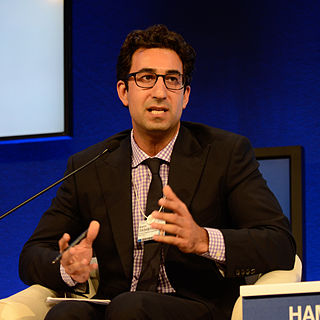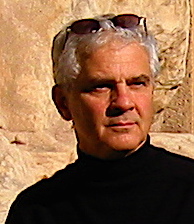A Quote by Gary Sick
Ayatollah Khamenei actually is not the most powerful person in Iran. He does not make nuclear policy. He does not make security policy. He is one voice among many and not even the most important voice by any means.When nuclear strategy is being discussed in Iran, he is not the dominant figure to make things happen. So I think this sense which he has created to a considerable degree by his own self-promotion has made him the center of attention when, in fact, the real center of activity is some place else.
Quote Topics
Activity
Actually
Among
Any
Attention
Being
Center
Center Of Attention
Considerable
Created
Degree
Discussed
Does
Dominant
Else
Even
Fact
Figure
Happen
Him
His
Important
In Fact
Iran
Made
Make
Make Things Happen
Many
Means
Most
Most Powerful
Nuclear
Own
Person
Place
Policy
Powerful
Powerful Person
Promotion
Real
Security
Self
Sense
Some
Strategy
The Most Important
Things
Things Happen
Think
Voice
Which
Related Quotes
The notion that somehow or another they'll (Iran) put it in a picnic basket and hand it to some terrorist group is merely an argument that may be convincing to some people who don't know anything about nuclear weapons. I don't find that argument very credible, I'm not sure that people who make it even believe in it. But it's a good argument to make if you have no other argument to make. The fact of the matter is, Iran has been around for 3000 years, and that is not a symptom of a suicidal instinct.
International inspectors are on the ground and Iran is being subjected to the most comprehensive, intrusive inspection regime ever negotiated to monitor a nuclear program. Inspectors will monitor Iran's key nuclear facilities 24 hours a day, 365 days a year. For decades to come, inspectors will have access to Iran's entire nuclear supply chain. In other words, if Iran tries to cheat - if they try to find build a bomb covertly, we will catch them.
Iran's Supreme Court has issued a fatwa against the development of nuclear weapons. President [Hassan] Rouhani has indicated Iran will never develop nuclear weapons. I've made clear that we respect the right of the Iranian people to access peaceful nuclear energy in the context of Iran meeting its obligations.
The Bush administration actually started out with an open mind towards Iran, by all indications. In fact, early in the administration, the White House tasked the various agencies of government to do an inter-agency review of Iran policy, as it did with Iraq policy and most of the big areas of the world.
I want to reassert again the position of the United States that with regards to Iran, we will not allow Iran to develop a nuclear weapon, period. We will not allow them to develop a nuclear weapon, and we will exert all options in the effort to ensure that that does not happen...The United States stands firmly with Israel, and we have a rock solid commitment to the security of Israel and to the security of its citizens.

































